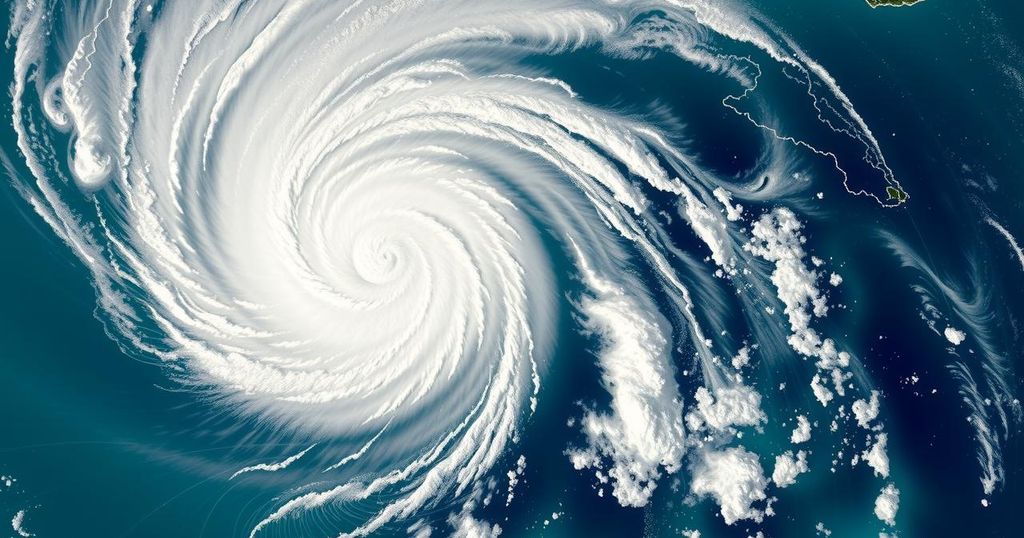Emergency Appeal for Tropical Cyclone Chido: Assessing the Impact on the Southwest Indian Ocean
Tropical Cyclone Chido has caused widespread devastation in the Southwest Indian Ocean, leading to at least 142 deaths and affecting over 3.3 million individuals. The cyclone, which reached Category 4 intensity, struck Madagascar, Mozambique, and the Comoros, resulting in extensive damage to infrastructure, homes, and agriculture. The active humanitarian response is crucial in addressing the immediate needs of the affected populations and improving future preparedness against similar disasters.
Tropical Cyclone Chido has emerged as a catastrophic event in the Southwest Indian Ocean, marking the onset of what was anticipated to be an early cyclone season. With peak intensity reached on December 11 as a Category 4 storm, Chido exhibited sustained winds of 220 km/h, with gusts escalating to 250 km/h, leading to significant destruction across Madagascar, Mozambique, and the Comoros. As of December 22, the storm has resulted in at least 142 confirmed fatalities, alongside extensive injuries and displacement affecting thousands.
Initially impacting Madagascar, Chido approached the Diana Region, leaving an estimated 135,838 residents at risk due to extreme winds, heavy rains, and resultant flooding. The Malagasy government, aided by the Malagasy Red Cross, issued early warnings and launched evacuation efforts. Meanwhile, the Comoros declared a weeklong mourning period after the cyclone devastated the islands of Anjouan and Moheli, impacting over 64,000 individuals and destroying numerous homes and agricultural lands.
The cyclone’s effects were acutely felt in Mayotte, where approximately 70 percent of the population suffered severe impacts. Reports indicate that around 35,000 homes were wrecked, coupled with damage to essential facilities like hospitals and airports. Approximately 100,000 individuals find themselves temporarily sheltering in accommodations lacking basic necessities. In Mozambique, around 622,000 people have been affected, particularly in Cabo Delgado and other provinces, revealing the storm’s far-reaching consequences on infrastructure and livelihoods.
Malawi reported nearly 45,000 individuals stranded, revealing the persistent need for humanitarian interventions. As assessments continue to gauge the cyclone’s full impact, the National Societies of the Red Cross and Red Crescent are actively engaged in disaster relief efforts, including search and rescue operations and family support services. The adversity posed by Cyclone Chido emphasizes the necessity for improved preparedness and responsiveness to similar climatic threats.
The Southwest Indian Ocean region is highly susceptible to tropical cyclones, with Cyclone Chido representing a significant early threat during what is projected to be a particularly active season. The cyclone not only posed immediate dangers, including loss of life and injuries but also led to economic and social destabilization through severe infrastructure damage. As communities grapple with the cyclone’s remnants, the ongoing humanitarian response is crucial for the recovery and strengthening resilience against future storms.
The impact of Tropical Cyclone Chido on the Southwest Indian Ocean has highlighted the urgent need for coordinated disaster response and preparedness strategies. With thousands affected, including loss of lives and widespread infrastructural damage, the role of organizations like the Red Cross is invaluable in delivering necessary aid and support. The unfolding situation underscores the importance of enhancing community resilience against the increasing frequency of such cyclonic events, especially as the cyclone season progresses.
Original Source: reliefweb.int




Post Comment